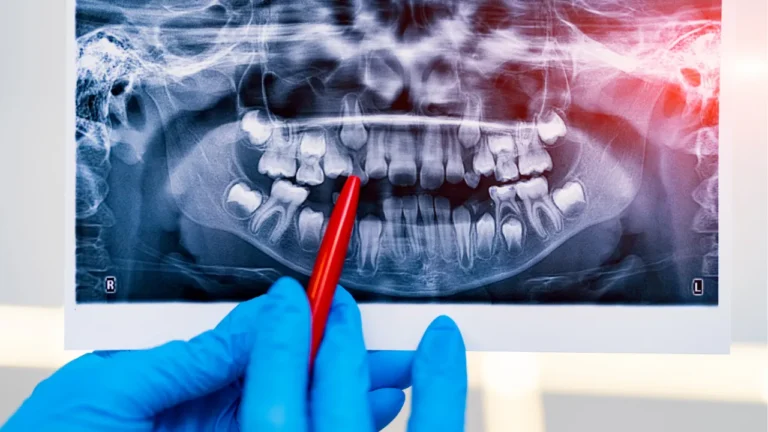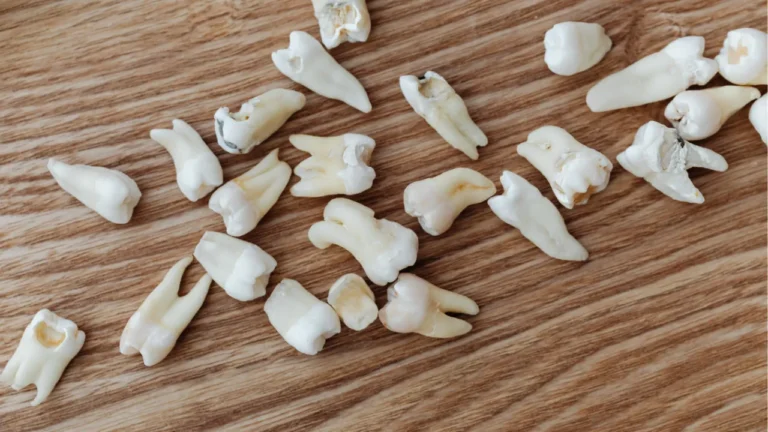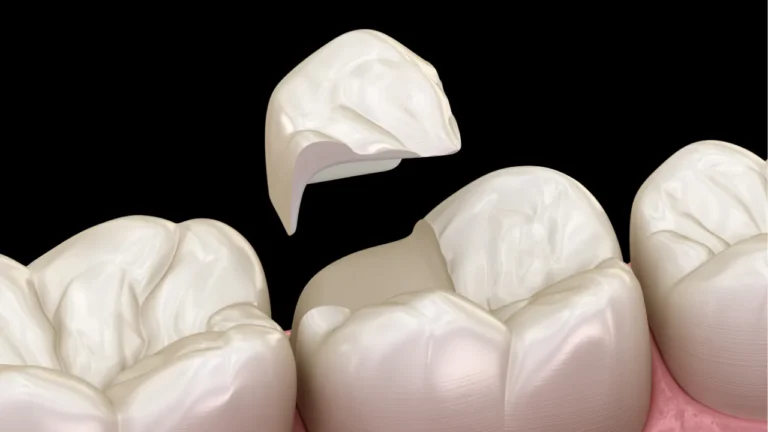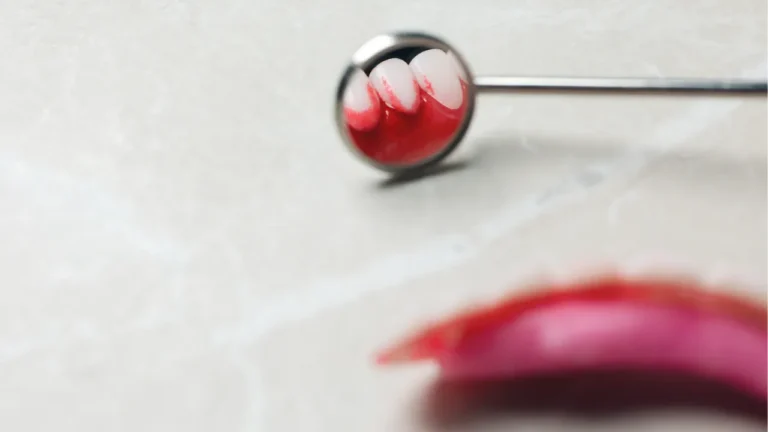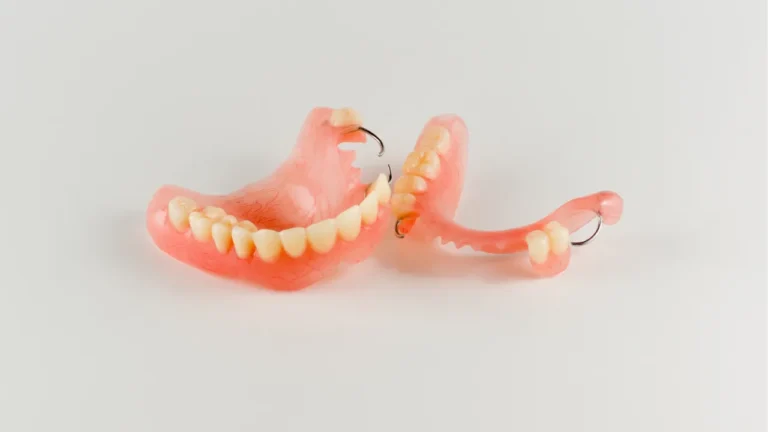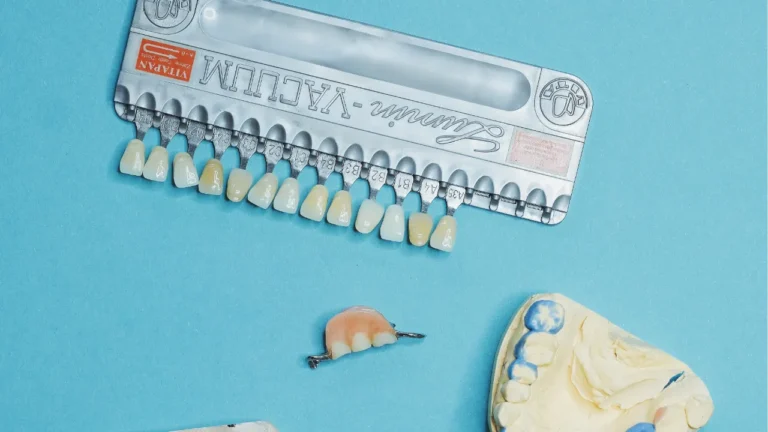Hormonal fluctuations during puberty, menstruation, pregnancy, and menopause can make women more vulnerable to gum inflammation, dry mouth, and other oral health issues.
These changes affect how the body responds to plaque, increasing the risk of gingivitis and other conditions.
Understanding how hormones influence your oral health can help you take proactive steps — like regular dental checkups and tailored hygiene habits — to maintain a healthy smile throughout life.
Short Summary
- Hormonal changes can impact gums, saliva flow, and bone health.
- Life stages like puberty, menstrual cycles, pregnancy, and menopause each bring unique oral health challenges.
- Risks include gum disease, dry mouth, cavities, mouth sores, and bone loss.
- Good daily oral care, a nutrient-rich diet, and regular dental visits help reduce these risks.
How Hormones Affect Oral Health
Hormonal changes influence blood flow to the gums, the body’s response to bacteria, and saliva production.
These changes can increase the risk of conditions such as:
- Gum disease (gingivitis and periodontitis)
- Dry mouth
- Increased risk of cavities
- Oral sensitivity and inflammation
- Bone loss in the jaw (especially during menopause)
Hormonal Stages and Their Impact on Oral Health
1. Puberty and Oral Health
During puberty, an increase in estrogen and progesterone can lead to:
- Gum sensitivity and inflammation (puberty gingivitis)
- Increased plaque buildup, leading to a higher risk of cavities
- Mouth sores or canker sores due to hormonal fluctuations
How to Maintain Oral Health:
- Practice good oral hygiene by brushing twice daily and flossing.
- Visit the dentist regularly for checkups and professional cleanings.
- Eat a balanced diet with plenty of calcium and vitamin D for strong teeth.
2. Menstrual Cycle and Oral Health
Many women experience temporary oral health issues before or during their periods due to hormonal shifts, such as:
- Swollen, bleeding gums
- Mouth sores or ulcers
- Increased saliva production or dry mouth
- Bad breath due to bacterial growth
How to Manage It:
- Maintain consistent oral hygiene habits.
- Stay hydrated to balance saliva production.
- Avoid sugary snacks that can increase bacterial growth.
3. Pregnancy and Oral Health
Pregnancy causes a surge in hormones, particularly progesterone, which can lead to:
- Pregnancy gingivitis – swollen, bleeding gums due to increased blood flow.
- Increased risk of cavities due to cravings for sugary foods and morning sickness (which exposes teeth to acid).
- Pregnancy tumors – benign gum overgrowths that may develop due to hormonal changes.
How to Protect Your Teeth and Gums During Pregnancy:
- Brush and floss daily to prevent gingivitis.
- Use a fluoride mouthwash to strengthen teeth.
- Rinse your mouth with water after morning sickness to reduce acid damage.
- Schedule a dental checkup in your second trimester to address any concerns.
4. Menopause and Oral Health
During menopause, a decline in estrogen levels can cause:
- Dry mouth (xerostomia) – reduced saliva production leads to an increased risk of cavities.
- Burning mouth syndrome – a sensation of pain or discomfort in the mouth.
- Osteoporosis-related tooth loss – decreased bone density affects the jawbone, leading to tooth loss.
- Gum recession – making teeth more sensitive and prone to decay.
How to Manage Oral Health During Menopause:
- Drink plenty of water and use saliva substitutes if needed.
- Use fluoride toothpaste and consider fluoride treatments.
- Get screened for osteoporosis and maintain a diet rich in calcium and vitamin D.
- Visit the dentist regularly to monitor gum health and bone loss.
Additional Tips for Maintaining Oral Health
- Eat a balanced diet – Incorporate foods rich in calcium, vitamin D, and antioxidants to support strong teeth and gums.
- Manage stress – Stress can contribute to teeth grinding (bruxism), which can wear down enamel over time.
- Limit acidic and sugary foods – These can increase the risk of cavities and enamel erosion.
- Avoid smoking and excessive alcohol use – These habits can worsen gum disease and contribute to dry mouth.
- See a dentist regularly – Preventive care helps catch issues early before they become serious.
Final Thoughts
Hormonal changes are a natural part of life, but they don’t have to negatively impact your oral health.
By understanding how different life stages affect your teeth and gums, you can take proactive steps to maintain a healthy, beautiful smile.
At Every Smile Dentistry, we are here to support women at every stage of life with personalized dental care.
If you’re experiencing oral health changes due to hormones, schedule an appointment today to keep your smile strong and healthy!


